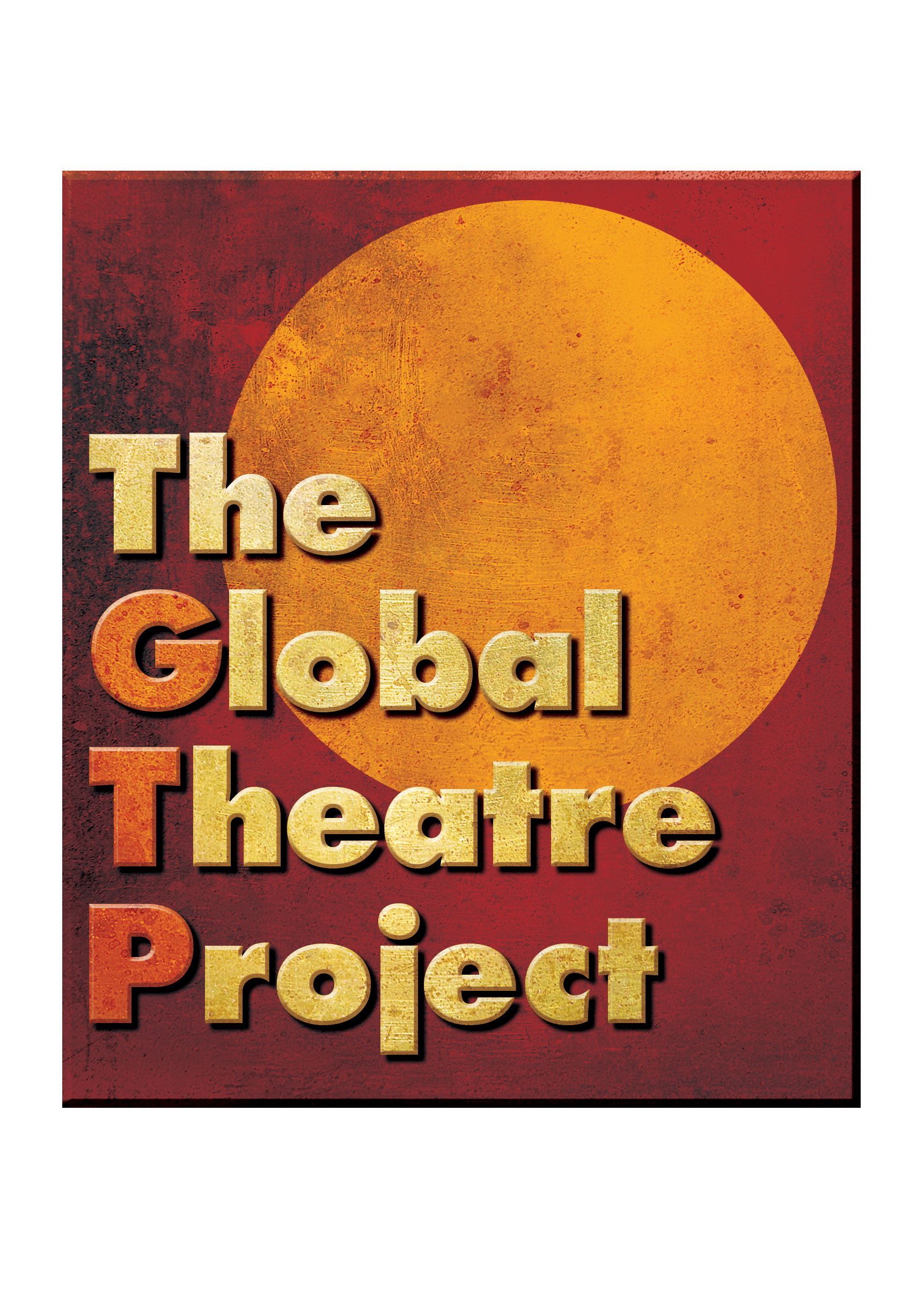Defining Conflict
I have begun a collaboration with Human Rights attorney and professor of Sydney University, Rita Shackel. Her work has, for many years, focused on sexual gender-based violence in the conflict zones of Uganda, DRC and Kenya. We began exploring this partnership with the question of how we can create a theatre piece which not only brings attention to an issue, but affects both global and local policy.
As we deepen this query it’s become quite obvious that although Professor Shackel and I speak relatively the same language (Australian and American English) we don’t often speak the same language of profession. Words can mean very different things. Or the subtleties of what they do mean can be, at times, confusing and misguiding.
At a recent conference in Carrara, Italy we presented a workshop on how interdisciplinary collaborative relationships can be valuable in affecting global communities through creative works. In preparing for this workshop Professor Shackel and I had to find a common ground upon which to stand. We both want the same things – we want our work to have impact, we want to be of service to a horrific issue affecting humanity globally and locally, we want to inform, we want to motivate people to action. And, not the least important, we want to learn from one another. And then we ran into the word ‘conflict.’
An important aspect of Professor Shackel’s work is observing and analyzing conflict. She is a researcher and this issue of conflict brings her very important information from which she can eventually make policy suggestions toward societal change. So creating environments which will offer abundant opportunities for conflict to be present is desirable in order to draw useable data.
Conflict in theatre has a different value. Although we use conflict to create drama – intention versus obstacle resulting in conflicting needs and wants then leading to action – we structure that conflict in a crafted manner either through a script or through delegation of roles in improvised scenarios. The point of interest for us is not the conflict itself as much as how it was resolved. And this may seem a subtle difference, but it is actually quite a vital one when we were structuring the exercises and approach for our workshop participants and when we were clarifying our individual and collective goals.
Both of us are interested in analyzing human behavior. But the difference is that Professor Shackel analyzes behavior that is actual. Theatre artists analyze human behavior in order to apply it to storytelling. We create artificial environments which reflect human truths and then we ‘behave’ within that artificial environment depicting our humanity as specifically, intimately and theatrically as possible.
I was given the opportunity, once again, to be reminded of how very powerful the theatrical process is. And how deeply necessary toward both engaging and analyzing human behavior. In working to find a common ground, I had to consciously deconstruct the theatrical exercises and reframe them in order to communicate more clearly their value and power. But, in doing this, I was also given the gift of seeing them from the window that framed the gap between conflict and the resolution of conflict.
And this gap offered me the opportunity to begin thinking about the actual future project that will be developed between us. If in only looking at this one word – conflict – we might find that the process we develop will become more valuable then the final product. And that, possibly, a final product will not best serve this project. Possibly the presentation of a play only allows an audience to passively experience empathy. But in designing a theatrical experience for the audience which is centered on the question of conflict – both personal and communal – we might be more affecting.
These are questions which arose during working with Professor Shackel. No doubt they will unfold as we move forward.


reviews
There’s certainly a lot to find out about this issue.
I like all of the points you’ve made.